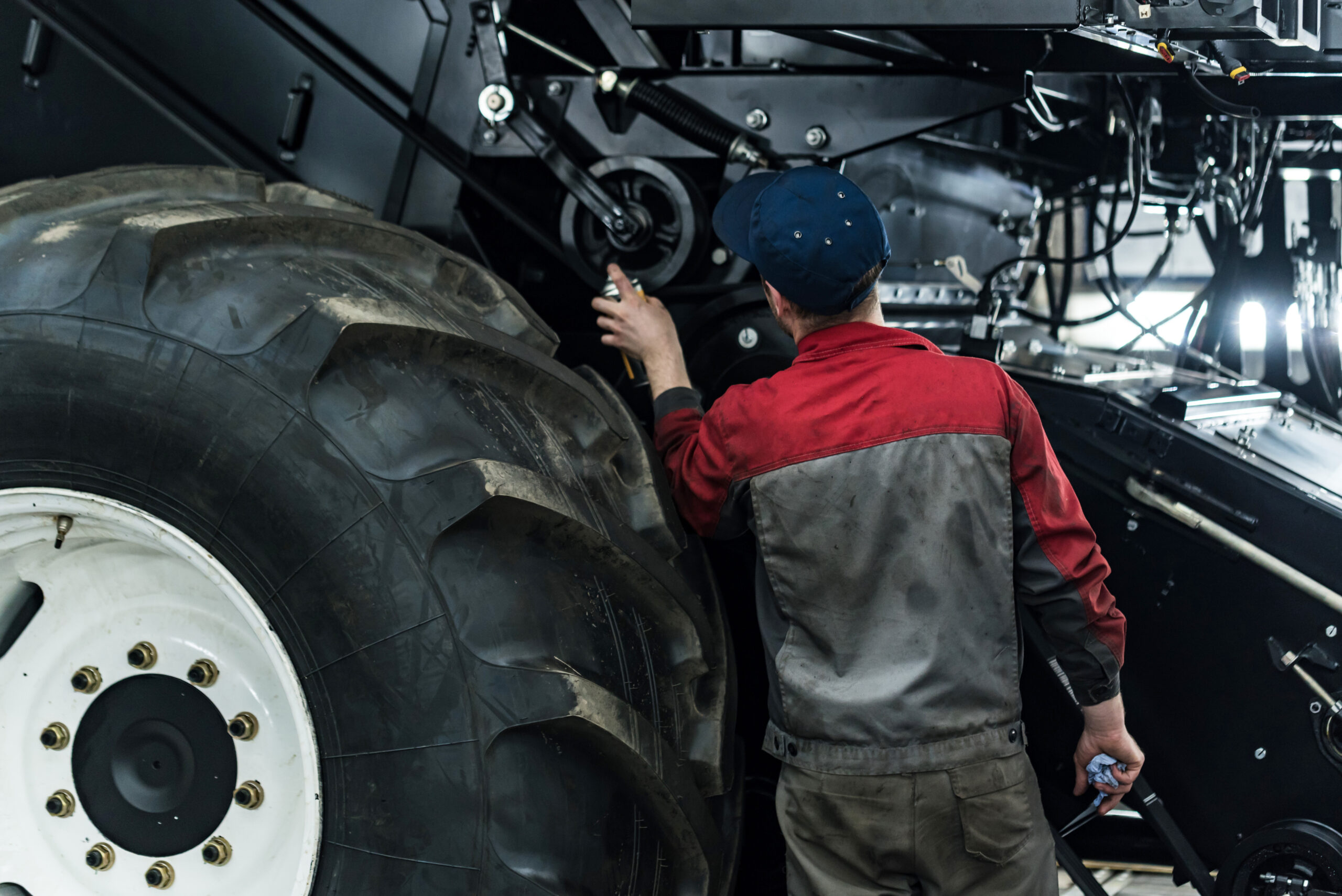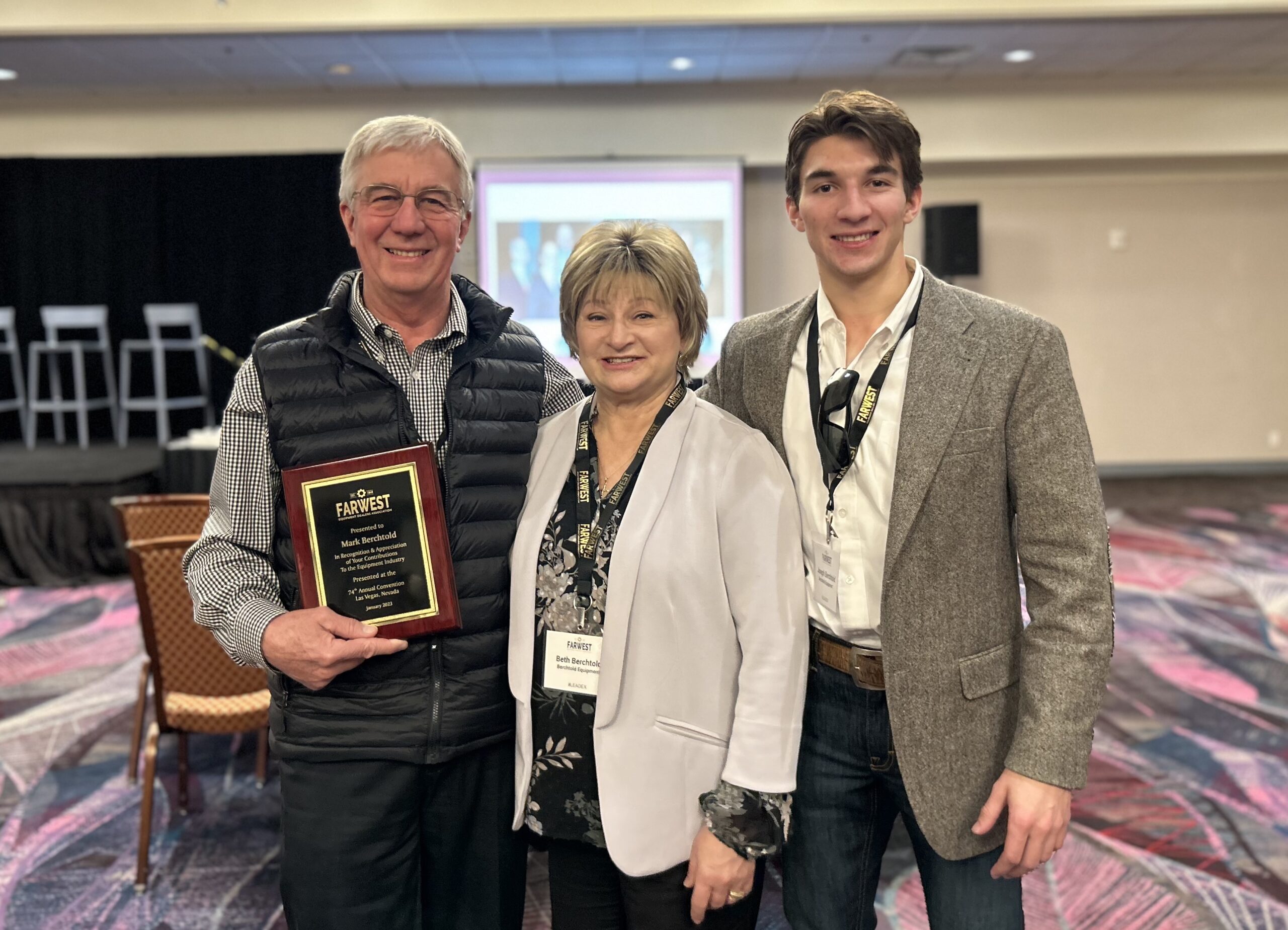By Lance Formwalt
A New Sheriff is Coming to Town
If your dealership is located close to a state border or if you’ve expanded your operations and own dealerships in multiple states, you are well aware of the pain that comes with trying to figure out the correct sales tax to charge to your customers that are in different states. You are also familiar with customers that try to convince you of when tax should or shouldn’t be charged so they can get an overall price from you that is “cheaper” than what they can get from a dealer in a different state. The confusion and related customer pressures are very real because every state has different laws in this area and the Supreme Court has established rules to “guide us” that are incredibly complicated. Unfortunately, we can’t just ignore the issue because as states get more aggressive in capturing sales tax, dealers can be caught in the cross-hairs and face tax bills and penalties/interest in the hundreds of thousands of dollars.
The “good news” is that in 2018 the Supreme Court issued a ruling in South Dakota vs. Wayfair, Inc. that allows states to adopt an additional set of rules that will help make things clearer for dealers. However, this doesn’t mean it will reduce your obligation to pay tax, and dealers need to understand the new rules to help minimize exposure in future sales tax audits.
What is Nexus & Why do I Care?
When you deal with sales tax issues, you’ll hear the word “nexus”. The reason is that the Supreme Court has said that a state cannot require an out-of-state dealer to collect sales or use tax unless the dealer has “substantial nexus” in the state. “Nexus” is basically a measure of how much connection your dealership has with a state. Before the Wayfair case, substantial nexus could only be established if your dealership had an actual physical presence in that state. The problem is that physical presence doesn’t just mean having a location in the state, so dealers are often left to guess whether their activities subject them to sales tax collection and reporting obligations in another state. For example, any of the following activities might give you a physical presence in a state sufficient to require you to collect sales tax:
- Maintaining a sales location, storage place or repair shop in the state
- Your salesman meets with customers or potential customers in the state
- Your vehicles are used to deliver equipment to customers in the state
- Your employees or contractors go to the state to perform repairs in the field
- Direct mail advertising into the state
Any of these activities can be enough to allow a state to say you have to pay tax on ALL customer transactions with customers in their state. The problem is that outside of having a dealership in a state, it is rarely crystal clear when these other activities apply, and dealers often don’t find out the answer until they are under audit.
The Wayfair Case and a New Standard for Sales Tax Responsibility
The Wayfair case doesn’t eliminate the “nexus” rules relating to physical presence. But it does allow states to define which out of state dealers must charge sales tax based on “economic presence” in the state. The changes are being driven primarily due to the increase in on-line transactions (e.g., Amazon), but it has the impact of sweeping out of state dealer transactions into its coverage.
The economic presence test eliminates a lot of the subjectivity baggage associated with “physical presence” and instead focuses on objective measures relating to actual sales activity. The most commonly used standard being adopted by states is that an out of state seller must collect taxes from customers if the dealer has sales of more than $100,000 in the state OR more than 200 separate sales transactions in the state. These tests are usually measured on an annual basis. About half of the states have adopted this standard, but some states have a much lower standard. For example, Idaho and Oklahoma each require out of state sellers to collect and remit sales tax if sales into the state are greater than $10,000 (a bill has been introduced in Oklahoma to increase this amount to $100,000). Other states have much higher standards – Massachusetts requires sales of $500,000 or more AND at least 100 separate sales transactions before it requires out of state sellers to collect and remit sales tax.
When Does the Wayfair Standard Become Effective?
Almost all states with a sales tax have already taken steps to implement the new Wayfair standard. Many of the new rules began applying throughout 2018, with more coming on line in 2019. Please note that the following states have not yet adopted guidance relating to the new standard: Arkansas, Florida, Kansas, Missouri, New Mexico, and Texas.
Even though many of you will now be subject to these rules, it is important to note that these changes do not impact the availability of sales tax exemptions that often apply to the sale of agricultural equipment. However, in many states, sales of tax-exempt equipment count toward meeting the dollar threshold even if the specific transactions are exempt. As a result, it would be easy for one large tractor sale to an out of state customer to create an obligation for you to start collecting sales tax on all lawn and garden tractor sales or ATV/UTV sales to other customers in that state.
Sales tax compliance has never been easy even though the vagueness of some of the standards may have made it easier to gloss over potential sales tax obligations. With the new Wayfair ruling by the Supreme Court, dealers will get the benefit of some additional clarity for both reporting obligations and responses to customer questions. But this clarity comes at the cost of requiring you to be even more vigilant about your compliance efforts as there will be less gray area involved in sales tax audits regarding sales to out of state customers.
Lance Formwalt is the leader of the Equipment Dealer Group at Seigfreid Bingham, P.C. The firm also serves as legal counsel to the Far West Equipment Dealers Association. Lance may be contacted at lancef@sb-kc.com or 816-265-4106. Also see www.sb-kc.com. This article is intended to provide general recommendations and is not intended to be legal advice. You should always consult your attorney for advice unique to you and your business. Please note that any estimates of tax consequences are based on the current tax code and could change based on future changes in the law or regulations.










